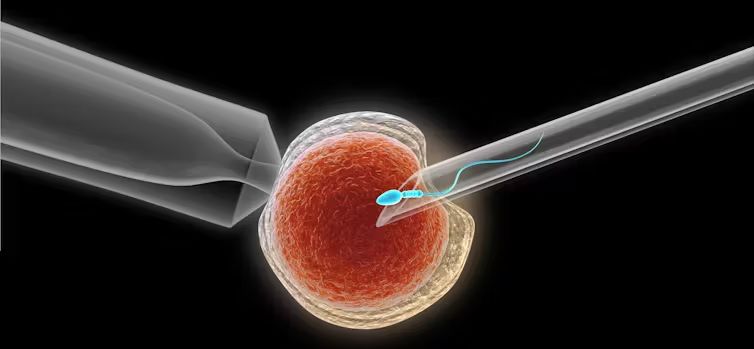How we can help
This process is the same as for IVF, except that in the laboratory the sperm is injected directly into the egg.

This process is the same as for IVF, except that in the laboratory the sperm is injected directly into the egg for fertilization. This recommend for couples when male partner has poor sperm quality or where the female partner had a previous IVF cycle with poor egg fertilization rates. ed into the cytoplasm of a woman’s egg using a fine needle and micromanipulator. This technique bypasses natural barriers to fertilization and is used to treat severe male factor infertility (like low sperm count or motility), failed fertilization in previous IVF cycles, or when performing genetic testing on embryos.
Yes. ICSI is often combined with IVF and may include preimplantation genetic testing (PGT), sperm or egg freezing, and fertility medications to optimize outcomes.
ICSI is a specialized form of IVF where a single sperm is directly injected into an egg using advanced lab equipment. Unlike standard IVF, which relies on sperm naturally fertilizing the egg in a lab dish, ICSI helps overcome barriers such as poor sperm quality, low motility, or previous failed fertilization attempts.
ICSI is commonly used for couples facing severe male-factor infertility, including low sperm count, poor sperm movement, or abnormal sperm shape. It is also recommended when sperm must be surgically retrieved, when high levels of anti-sperm antibodies are present, or when fertilization has failed in previous IVF cycles.